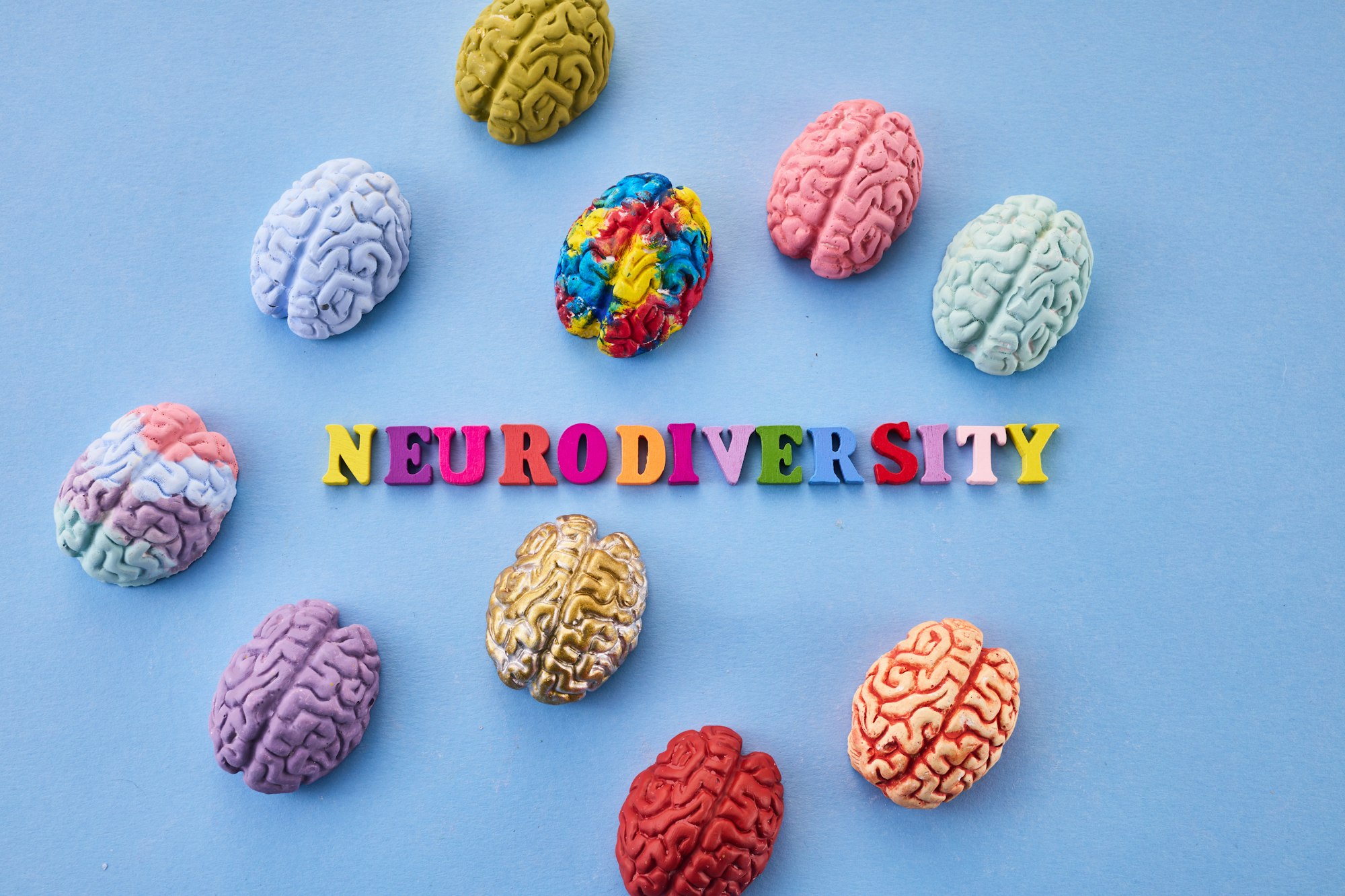Transforming Lives with AI Chatbots
Yasmin’s Journey: AI as a Beacon for Neurodiverse Minds
Yasmin Shaheen-Zaffar, living with dyslexia, dyspraxia, and ADHD, has found a true ally in AI chatbots. As a psychotherapist in North Yorkshire, she utilizes a chatbot named Jasper not just for correcting her writing but also as a companion in her creative endeavors, including authoring a self-help book aimed at aiding others like her.

Broadening Horizons Across the Neurodiverse Spectrum
Neurodiversity covers a range of conditions from ADHD to OCD. Alex Sergent, a London-based tech entrepreneur with OCD, embraces AI transcription tools like Otter.ai to streamline his daily business tasks, enhancing his focus and productivity, proving that technology can significantly ease professional pressures.
AI Tools: Silent Supporters in Our Daily Lives
Breaking Down Barriers Without the Stigma
Hayley Brackley, a neurodiversity expert, highlights how AI tools offer discreet support. For many dealing with neurodiverse conditions, even simple tasks can be daunting. AI provides a confidential helping hand, eliminating the need for explanations and allowing individuals to tackle challenges with newfound confidence.
Revolutionizing the Workplace with AI
Incorporating AI into workplace settings benefits everyone, not just those with specific needs. These tools often start as aids for neurodiverse employees but soon prove their worth by enhancing overall efficiency and fostering an environment of inclusivity and productivity.
Pioneering AI Applications for the Neurodiverse Community
Tailor-Made Tools for Unique Needs
Goblin Tools, developed by Belgian software engineer Bram De Buyser, is crafted especially for the neurodiverse community. This AI-driven platform helps users manage tasks like making to-do lists and analyzing the tone of emails, showcasing how technology can adapt to serve diverse needs effectively.
Empowering Neurodiverse Children Through Innovation
InnerVoice, by the Californian tech firm iTherapy, turns everyday objects and characters into interactive avatars. This inventive application supports children with autism by enhancing their communication skills and interaction, illustrating the profound impact AI can have from an early age.
Explore the remarkable ways in which AI chatbots and tools are revolutionizing the lives of people with neurodiversity, offering discreet, effective support and fostering greater inclusivity in every sphere of life. Discover groundbreaking apps like Goblin Tools and InnerVoice, designed to empower and uplift the neurodiverse community.

Frequently Asked Questions About AI Chatbots and Neurodiversity
1. How can AI chatbots specifically help individuals with neurodiverse conditions?
AI chatbots can significantly aid individuals with neurodiversity by simplifying complex tasks, organizing thoughts, and correcting errors in writing. For someone like Yasmin Shaheen-Zaffar, who has dyslexia, dyspraxia, and ADHD, these chatbots serve not only as tools for managing professional tasks but also as companions in creative projects, such as writing books. They provide a discreet form of assistance, allowing individuals to work more independently and confidently without having to face the stigma often associated with their challenges.
2. Are there AI tools that benefit children with neurodiverse conditions?
Yes, there are several innovative AI tools designed specifically for children with neurodiverse conditions. For example, the app InnerVoice transforms objects or characters into interactive avatars that help children with autism improve their communication abilities. These tools are designed to be engaging and interactive, helping young users learn and develop in a way that feels natural and fun to them, thereby enhancing their ability to interact with the world around them more effectively.
3. Can AI tools really improve workplace inclusivity for neurodiverse individuals?
Absolutely. AI tools in the workplace can transform the work environment not just for individuals with neurodiverse conditions but for all employees. By automating and assisting with tasks that some may find challenging, these tools help reduce barriers and foster an atmosphere where all employees can thrive. Originally introduced to support neurodiverse staff, these tools often end up benefiting entire teams by improving overall productivity and creating a more supportive, inclusive culture.
Sources BBC


